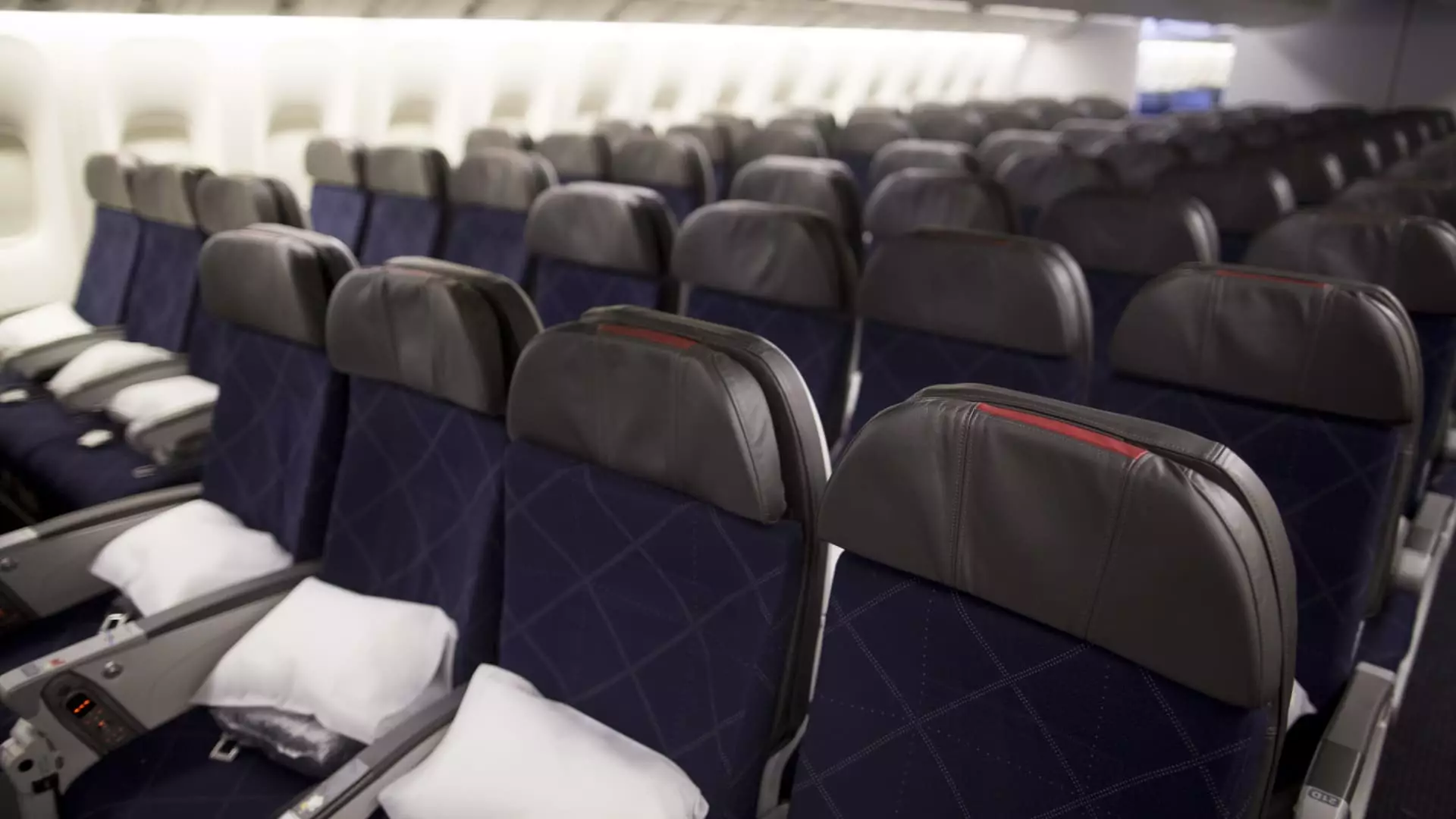As air travel continues to evolve, the controversial practice of charging for seat selection has come under intensified scrutiny. U.S. airline executives are scheduled to present their case before a Senate panel, where they will defend the legitimacy of these fees, which have been labeled as “junk fees” by lawmakers. According to a report from the Senate Permanent Subcommittee on Investigations, major airlines like American, Delta, United, Spirit, and Frontier have generated an astonishing $12.4 billion in revenue from seating fees between 2018 and 2023. This revelation raises pertinent questions about the transparency and fairness of these additional charges imposed on passengers.
Airline executives assert that the fees are both voluntary and clearly communicated to customers. For instance, American Airlines’ Chief Strategy Officer, Stephen Johnson, has emphasized that paying for seats with extra legroom or in preferred locations is an option afforded to customers who value these amenities. This approach, they argue, allows for a tiered pricing model that can cater to varying consumer desires. However, the underlying issue remains: while these fees are advertised as optional, consumers often feel pressured to pay them to secure a comfortable and satisfactory travel experience.
The Biden administration, along with certain legislators, is taking an active stance against what they perceive as exploitative practices in the airline industry. The focus on these fees implies a broader ambition to regulate how services are marketed and priced. Many consumers, disillusioned by the perception of hidden charges, support further government intervention. There is a growing sense that transparency is crucial for maintaining trust in the airline industry, and regulations could lead to more equitable pricing structures.
As airlines look to enhance profit margins, there has been an observable shift toward increasing the availability of premium seating options. This trend has led to the proliferation of extra charges not only for selected seats but also for other services traditionally included in the base fare. Such developments can create confusion among passengers as they navigate various fare classes and associated costs. While proponents argue that this model fosters competition, critics point out that it complicates the consumer experience and can lead to frustration when unexpected fees arise.
The rise of budget airlines like Spirit and Frontier, which popularized the fee-based service model, has undoubtedly influenced the pricing strategies of major carriers. These discounters have paved the way for basic economy offerings that allow consumers to choose how much they want to spend on amenities. However, the recent financial struggles of Spirit, which filed for Chapter 11 bankruptcy, highlight the challenges associated with this model. Increased competition, shifting consumer preferences, and operational difficulties have created a volatile environment for these airlines and their fee structures.
As airline executives prepare to defend their practices, it is clear that the discussion surrounding seating fees is emblematic of larger issues within the industry. Striking a balance between profitability and customer satisfaction will be crucial as airlines navigate an increasingly cautious consumer base and a regulatory landscape poised for change. The future of airline pricing models remains uncertain, but one thing is clear: the conversation about transparency, fairness, and passenger rights will continue to be a pivotal concern.

